When biotechnology company Biogen announced the cancellation of the trial for their Alzheimer’s drug aducanumab, nearly 3,500 trial participants were left in limbo. Now, following the company’s announcement that they will be reviving the trial, hope is blooming once again, particularly for those who felt the drug had a positive effect on their lives.
- Biogen and their partner Eisai launched twin clinical trials in 2015 for two different doses of the drug, each trial involving around 1,600 participants
- The trial was suspended in March of 2019 following evidence that the drug was not having the desired success
Being Patient spoke with Jeff Borghoff, a Being Patient advisor and former member of the trial, about his reaction to the news, the influence of the trial drug on his life and his outlook on the future of the trial.
Responding to the Biogen Announcement
Being Patient: Jeff, we last talked to you when the trial was being cancelled. Now after today’s new, tell us how you’re feeling.
Jeff Borghoff: I’m elated. I remember when they announced that they were reviving the medication, I just jumped up and down because I knew that the drug was working, and now after watching the press conference, it did answer more of the questions that I had. It was extremely scientific and very technical, but the last slide of the presentation which was the summary was really what I was looking for. It really presented what I was looking for: They were able to get the results from a larger data set to move the drug into FDA approval next year.
Significance of the Drug Trial
Being Patient: How many months has it been since you’ve been able to take the drug? It’s been quite a few months now, right?
Jeff Borghoff: Yes, it has. By the time I go back onto the drug, which will be in March, it will have been a year. And certainly that is of concern to me, because I know the drug was working and I believe it was working well, so my thought is about what will have happened in those 12 months. It’s of some concern, but I think it’s actually minimized by the fact that I’m going back into the trial.
Being Patient: Did you know for a fact that you were on the medication and not taking a placebo?
Jeff Borghoff: Correct. So, when the trial was cancelled the first time, I met with the clinical trial primary investigators, and they said that I was on the medication the entire three years, and so I was never on the placebo control. But now that the trial has been revived, I guess I have questions that I want answered.
For instance, there was the EMERGE and the ENGAGE, and I would like to find out which one I was on. Was I on the Protocol-3 or the Protocol-4? The higher dosage or the lower dosage? You know, what is my APOE4 status? Those are the types of things that I’d really like to find out now.
Being Patient: It’s been about half a year since you ceased taking the medication. Have you noticed any changes?
Jeff Borghoff: For me, I don’t think it was specifically a memory issue. It was more of a cognitive issue, a multitasking issue and also a behavioral issue. There are certain things that one who’s living with the disease can be self-aware of with regard to the way that they’re behaving and things that are going on, but there are many things that really need to be observed by a caregiver.
My wife is my primary caregiver, and she could really better articulate what my behavior has been since I was diagnosed with the disease and what has happened since I was taken off the medication. So, one of the things that I was experiencing, and I was experiencing it more acutely because of the cancellation and because of the great despair that I had, I really went to a very dark place because I had had a lot of hope about the medication.
And so, one of the things that I was beginning to manifest because of the disease were agitation and anxiety, and a lot of times that agitation led to anger and sometimes rage. And all of those things weren’t reflected out towards anybody; it was the frustration of living with the disease and not being able to do the things that I used to do anymore. It just could be very frustrating at times. So, not being on the medication really exacerbated those emotions for me.
Returning to the Trial
Being Patient: Do you know if you can indeed go back into that trial? Because I’m assuming now that they’re going to have a cohort of 3,500 people looking to get back into the trial.
Jeff Borghoff: I can tell you that the day it was announced that the trial was being revived, my trial center said that they’re ready to go, that they could start the infusions the next day. However, they do need the green light from Biogen, and I’m sure that Biogen is doing everything that they can to establish some clear and concise guidelines for the persons going back into the trial.
I think it would be of significant benefit to them, and I’m sure that the PET scans will happen — they happened throughout the three years that I was on the trial, and I’m sure they’re going to continue to happen along with the MRIs and the other diagnostic tests. However, I think that because of the cancellation, many people are no longer interested in participating in the trial. You know, they gave three, five, even seven years of their lives, and at this point they might not have any interest in going back into the trial.
I’ve heard situations like that. That’s one of the more pressing issues with any clinical trial is that it takes up a significant amount of time to participate in the trials — sometimes there are great distances that need to be travelled. So unfortunately, I think that the enrollment is going to be diminished.
Being Patient: So much of the focus has been on the company, and we don’t even really understand what data they have now that made them change their minds and why. I believe it’s quite technical. But as somebody who was a trial participant, what would you like to say to Biogen?
Jeff Borghoff: First of all, I would like to say thank you, because they obviously worked really hard to revive this. I think there was a group of people who were associated with the trial, the drug, the research itself who said that they still believe there’s something to this, we’re not going to give up. So, to those folks who were responsible, I say thank you for doing that, and not just me but the many people I’ve spoken to about how they feel the drug was working and how they wanted it to come back.
So I would say thank you first, and secondly I would say that they need to look at the post-game video — to use a football analogy — to see what mistakes they made that led to the cancellation and perhaps learn from it so that hopefully this doesn’t happen again.
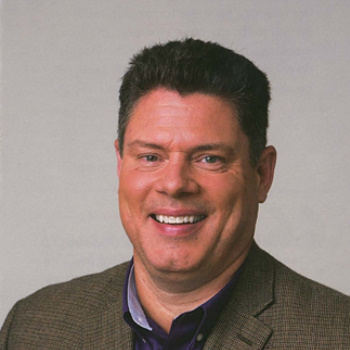

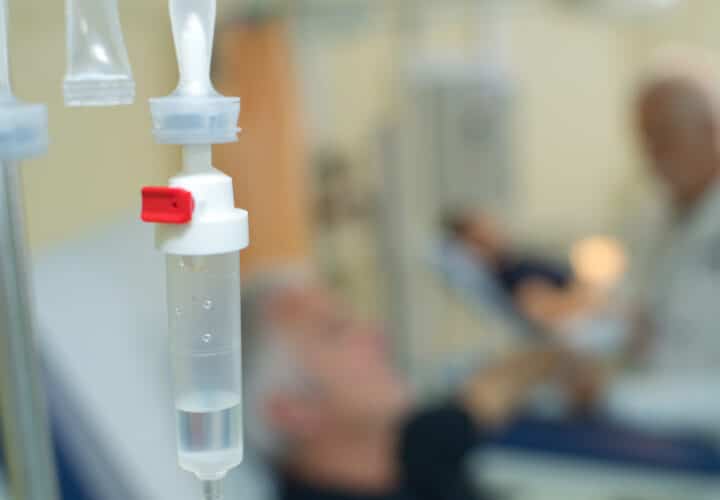
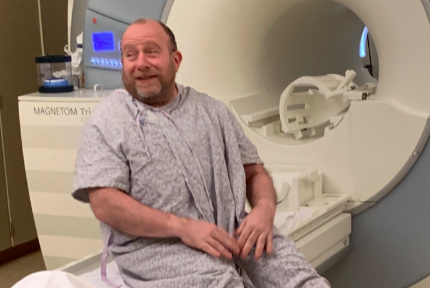
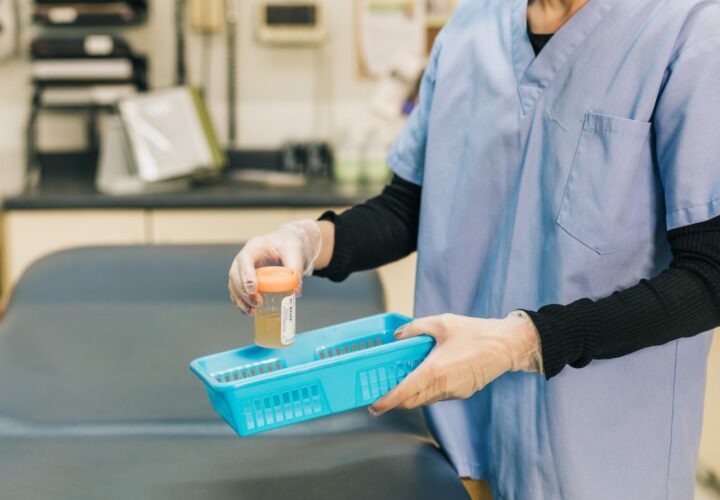

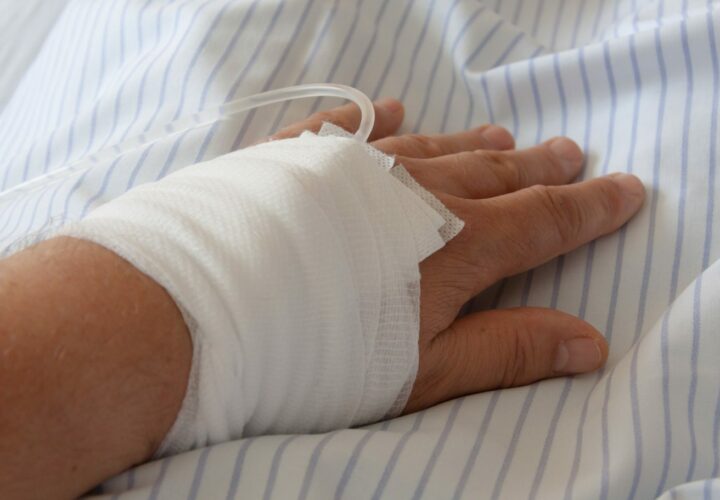
I live in the Tampa area and just found out I have dementia. I would like to know if I can apply for any of the new trial drugs coming back on the market.
Hi I would like to enroll my mom to test out Biogen’s new drug that is developed for Alzheimer’s. I really wanna try it out.
My husband has Alzheimers. Can he apply for any of the new drugs coming back on the market?
Hello Loraine, there are existing medications and new ones. Each clinical trial has its own qualifying requirements like age, stage, existing medical conditions, etc… You can use one of the existing online search tools to find trials in your vicinity. ~ Thank you